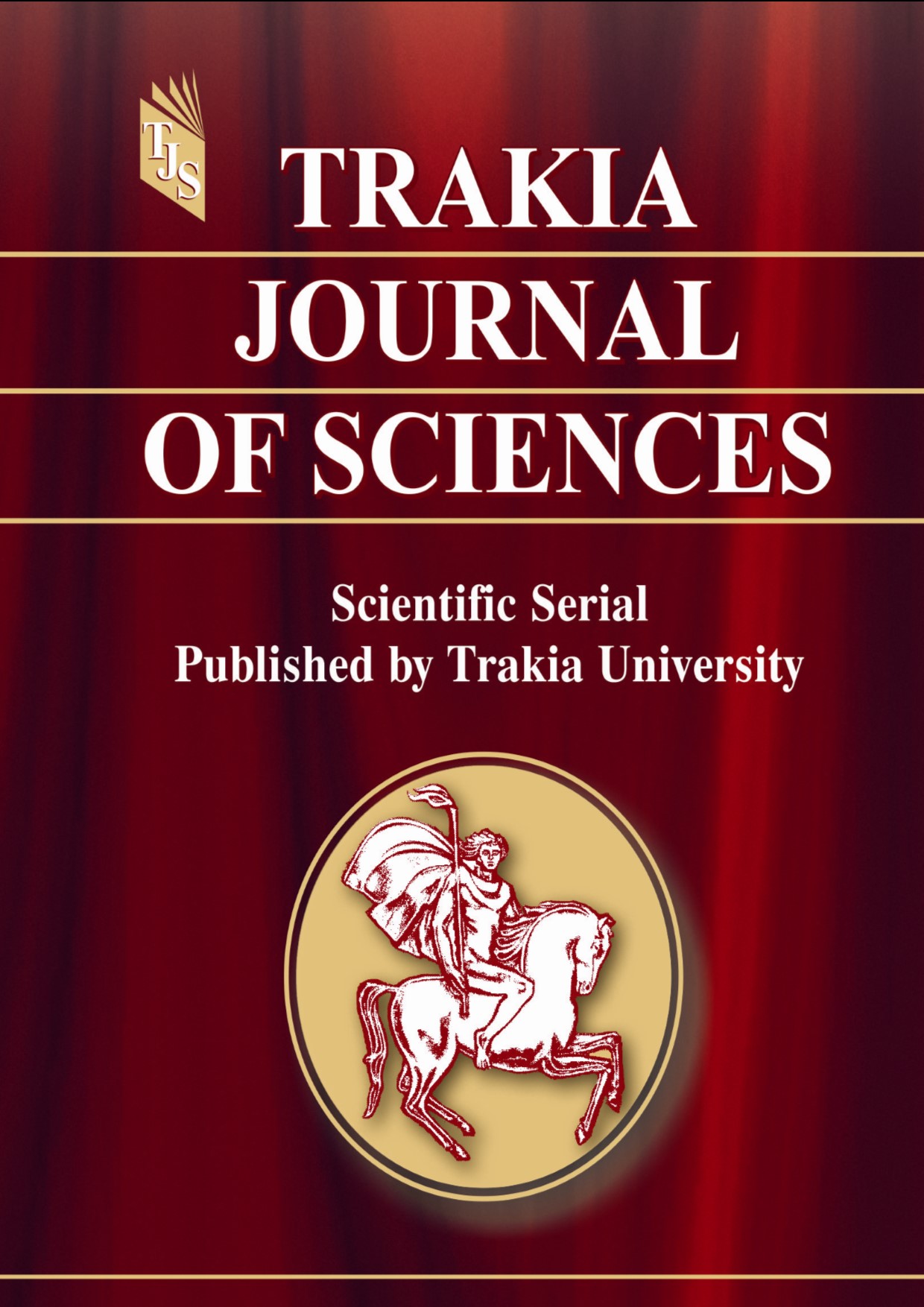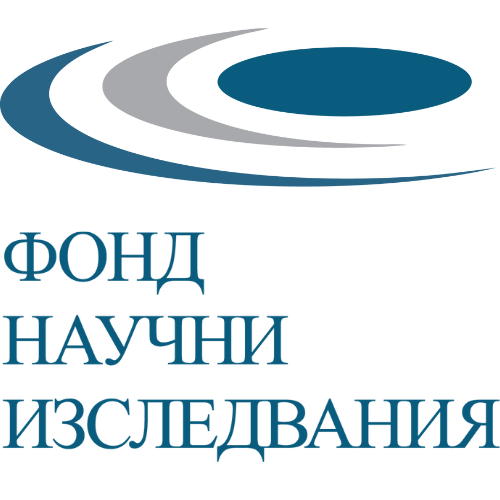RESEARCH ON THE MUSIC EDUCATIONAL PERSPECTIVES IN THE CONDITIONS OF DIGITAL TRANSFORMATION
DOI:
https://doi.org/10.15547/tjs.2024.s.01.016Keywords:
digital transformation, educational perspectives, music in elementary schoolAbstract
Information technologies received increased attention in education over the past decade. Computers have become an almost indispensable aid of digital technology in teaching, but their purpose is not to replace the teacher but to complement his teaching. This paper explores how these technologies can be effectively incorporated into music pedagogy to support students' musical development, cognitive motivation, and information literacy. Through a qualitative meta-analysis of peer-reviewed papers, studies, and related reports, this research underscores the necessity of digital resources in contemporary education. The analysis reveals that digital technologies not only align with the realities of students' everyday lives but also stimulate curiosity, boost engagement, and lead to more effective learning outcomes. The study advocates for the thoughtful incorporation of these technologies into music education curricula, ensuring that they complement rather than replace traditional teaching methods. The primary contribution of this research is the demonstration that digital technologies, when effectively integrated, create meaningful and pedagogically sound experiences in music education and play a critical role in enhancing and promoting music learning, empowering students to take control of their educational journey. This approach fosters innovation, creativity, and active participation, which are essential for the development of 21st-century learners.
References
Gorgoretti, B., The Use of Technology in Music Education in North Cyprus According to Student Music Teachers. South African Journal of Education, 39(1), 2019.
Gaol, F. L. and Førland, P. E., Special Section Editorial: The Frontiers of Augmented and Mixed Reality in all Levels of Education. Education and Information Technologies. 27(1):611–623, 2022.
OECD, OECD Digital Education Outlook 2021: Pushing the Frontiers with Artificial Intelligence, Blockchain and Robots, OECD Publishing, Paris, 2021.
Rott, B. and Marouane, C., Digitalization in Schools – Organization, Collaboration and Communication. Digital Marketplaces Unleashed, Springer Berlin Heidelberg, 113-124, 2018.
5.Delcker, J. and Ifenthaler, D., Teachers' Perspective on School Development at German Vocational Schools During the Covid-19 Pandemic. Technology Pedagogy and Education, 30(3):1-15, 2020.
Strokov, A. A., Digitalization of Education: Problems and Prospects. Vestnik of Minin University, 8(2), 15), 2020.
Pettersson, F., Understanding Digitalization and Educational Change in School by Means of Activity Theory and the Levels of Learning Concept. Education and Information Technologies, 2021.
Guttieres, F. M. and Gimenez, G., Is the Use of ICT in Education Leading to Higher Student Outcomes? Analysis From the Spanish Autonomous Communities. Computers & Education, 2020.
Lawrence, E. J. and Tar, A. U., Factors That Influence Teachers' Adoption and Integration of ICT in Teaching/Learning Process. Educational Media International, 55(4):1–27, 2018.
European Commission, A New Skills Agenda for Europe: Working together to strengthen human capital, employability, and competitiveness, 2016.
Lim, C.P. and Tay, Y. L., Creating Holistic Technology-Enhanced Learning Experiences: Tales from a Future School in Singapore. Sense Publishers, Rotterdam, Netherlands, Editor: Lee Yong Tay, Cher Ping Lim, 2013.
Daniel, S. J., Education and the COVID-19 Pandemic. 2020. Prospects, 49(1-2): 91-96, 2020.
Cachia, R., Chaudron, S., Di Gioia, R., Velicu, A. and Vuorikari, R. Emergency remote schooling during COVID-19, European Union, 2021.
König J., Jäger-B. DJ. and Glutsch N., Adapting to Online Teaching During COVID-19 School Closure: Teacher Education and Teacher Competence Effects Among Early Career Teachers in Germany. European Journal of Teacher Education. 43(4):608–622, 2020.
Di Pietro G., Biagi, F., Costa, P., Karpiński, Z. and Mazza J., The likely impact of COVID-19 on Education: Reflections based on the existing literature and recent international datasets. JRC Technical Reports. Publications Office of the European Union, 2020.
European Commission, Digital Education Action Plan 2021 – 2027. Resetting Education and training for the digital age, 2020.
Costa P, Muñoz C. J. and Kampylis, P. Capturing Schools' Digital Capacity: Psychometric Analyses of the Selfie Self-Reflection Tool. Computers & Education,162, 2021.
Elliott, S. N., Kratochwill, T. R., Littlefield, C. J. and Travers, J., Educational psychology: Effective teaching, effective learning (3rd ed.). McGraw-Hill, Boston, MA, 2000.
Suleymanova, R. M., Technological Process of Creation of Electronic Educational Resources. Theoretical & Applied Science, (9), 38-40. 2020.
Urokova S. B. Q., Digitization of Education at the Present Stage of Modern Development of Information Society. The American Journal of Social Science and Education Innovations, 2021.
Begić, A. and Jasna Š. B., Application of Digital Technology in Music Teaching. Školski vjesnik: časopis za pedagogijsku teoriju i praksu, 72(2):58-74, 2023.
Redecker, C., Punie, Y., editor, European Framework for the Digital Competence of Educators: DigCompEdu. Publications Office of the European Union, Luxembourg, 2017.
Yıldız, E. P., Teacher Education in the Digital Transformation Process in North Cyprus: A Situation Analysis Study. International Education Studies, vol. 15, No. 1, 2022.
Kučina S. S., Odak, M. and Lasić L. J., Digitalna transformacija: Novi pristupi i izazovi u obrazovanju. Koprivnica: Sveučilište Sjever, Centar za digitalno nakladništvo, 2021.
Brown, T. L. G., Gebril, A. and Michaelides, P. M., Teachers' Conceptions of Global Phenomenon or a Global Localism. Assessment, Testing and Applied Measurement, Vol. 4., 2019.
Tagiltseva, G. N., Konovalova, A. S., Kashina, N. I., Valeeva, M. E., Ovsyannikova, O. and Mokrousov, I. S., Information Technologies in Musical and Art Education of Children. Smart Innovation, 1918.
Fasil, K., The Impact of music games on music education. Department of Engineering and Society, Faculty of the School of Engineering and Applied Science, University of Virginia, 2024.
Budiyanto, W. C, Latifah, R., Saputro, H. and Prananto, A. The Barriers and Readiness to Deal with Digital Transformation in Higher Education, TEM Journal, vol. 13: 334-348, 2024.
Machekhina, O. N., Digitalization of Education as a Trend of its Modernization and Reforming. Revista Espacios, 38(40), 2017.
Timotheou S., Miliou O., Dimitriadis Y., Villagrá Sobrino S., Giannoutsou N., Cachia R., Martínez M. A. and Ioannou A., Impacts of Digital Technologies on Education and Factors Influencing Schools' Digital Capacity and Transformation: A Literature Review. Education and Information Technologies, 28(6): 6695–6726, 2023.
Alvarez, M. R., Technology at the Servis of Music Education. Revista Espanola de Pedagogia, 75: 268, 2017.
Yalley, E. C., Investigating the Technological Pedagogical Content Knowledge of Social Studies Teachers in the Senior High Schools in the Kumasi Metropolis. University Of Cape Coast, 2016.
Mishra, P. and Koehler, M., Technological Pedagogical Content Knowledge: A Framework for Teacher Knowledge. Teachers College Record 108:1017-1054, 2006.
Stronge, H. J., Qualities of effective teachers. ACDC, Virginia, PDF E-BOOK, 2018.
UNESCO 2012, External Relations and Public Information of UNESCO, 2013.
ISTE-NETS, National educational technology standards for teachers 2008, 2008.
UNESCO, ICT Competency Standards for Teachers, Policy Framework. United Nations Educational, Scientific and Cultural Organization, Paris, 2008.
Adams, C. and Thompson, T. L., Researching a posthuman world: Interviews with digital objects. Palgrave MacMillan, London, 2017.
Muntean, L., Digital Resources in the Music Education of Primary School Children. Information and Communication Technology in Musical Field, vol. 8, No. 2: 21–27, 2017.
González, J. and Wagenaar, R., Tuning educational structures in Europe. Publicaciones de la Universidad de Deusto and Groningen, 2005.
Daubney, A., Primary Music Toolkit: Chapter 4- Composing, improvising and doodling – encouraging children to make up their own music. ISM Trust, 2017.
Garrido, C. D., Gustems-C. J. and Farran, C. X., Digital Technologies in Music Subjects on Primary Teacher Training Degrees in Spain: Teachers' Habits and Profiles. International Journal of Music Education, 38(4):613-624, 2020.
Yu, X., Ma, N., Zheng, L., Wang, L. and Wang, K., Developments and Applications of Artificial Intelligence in Music Education. Technologies, 11(2), 42, 2023.
Upitis, R., Boese, K. and Abrami, P. C., Demonstrating DREAM: A Digital Resource Exchange about Music. The European Journal of Social and Behavioural Sciences, Volume XIII, Issue II, 2015.
Yang, Y., Application of Multimedia Technology in Vocal Music Digital Teaching Reform. Journal of Physics: Conference Series, vol. 1648, No. 4, p. 042005. IOP Publishing, 2020.

Downloads
Published
Issue
Section
License
Copyright (c) 2025 Trakia University

This work is licensed under a Creative Commons Attribution-NonCommercial 4.0 International License.


